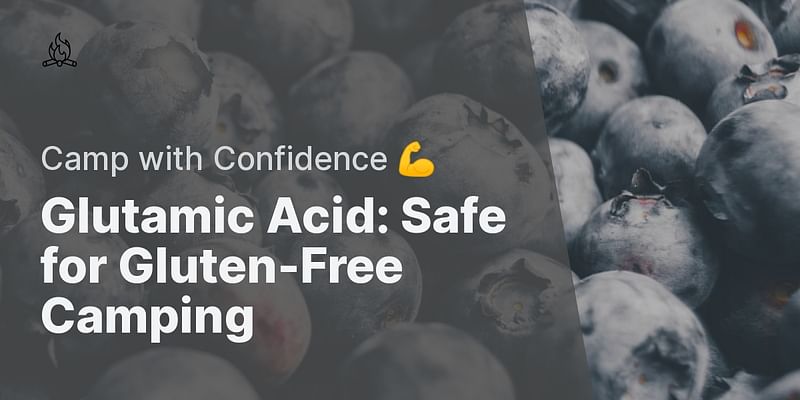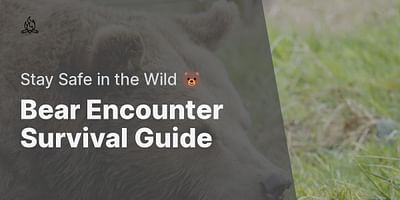Felicity Gottlieb is a certified dietitian with a passion for the great outdoors. She expertly melds her knowledge of nutrition with her love of camping to provide invaluable guidance for healthy eating in the wilderness. Felicity has devoted numerous hours to researching and perfecting recipes that are not only nutritious but also tantalizingly tasty for those on camping adventures.
Yes, glutamic acid is safe to consume on a gluten-free diet while camping. Glutamic acid is a non-essential amino acid that is naturally present in many foods, including fruits, vegetables, dairy products, and meat. It is also a component of monosodium glutamate (MSG), a flavor enhancer that is sometimes added to processed foods.
While glutamic acid is safe for most people to consume, it is important to note that some individuals may have sensitivities or allergies to MSG. If you are unsure about your tolerance to glutamic acid, it is always a good idea to consult with a healthcare professional or a registered dietitian before making any dietary changes.
When it comes to camping and following a gluten-free diet, it is important to plan ahead and choose foods that are safe and convenient. Here are some tips and ideas for gluten-free camping meals:
1. Pack gluten-free grains: Opt for gluten-free grains such as quinoa, rice, or gluten-free pasta. These can be cooked over a campfire or on a portable stove.
2. Choose gluten-free protein sources: Pack canned beans, lentils, or gluten-free tofu for a plant-based protein option. If you prefer meat, bring gluten-free deli meats or pre-cooked chicken or fish.
3. Stock up on fruits and vegetables: Fresh fruits and vegetables are a great addition to any camping trip. They provide essential vitamins and minerals and can be enjoyed as snacks or added to meals.
4. Don't forget about snacks: Pack gluten-free granola bars, nuts, seeds, and dried fruits for quick and easy snacks while hiking or exploring.
5. Plan simple meals: One-pot meals are a great option for camping. Consider making a gluten-free chili, stir-fry, or stew using fresh ingredients and gluten-free seasonings.
6. Be cautious of cross-contamination: When preparing meals, make sure to use separate utensils, cutting boards, and cooking surfaces to avoid cross-contamination with gluten-containing foods.
7. Research gluten-free camping food options: There are now many gluten-free camping food options available, including freeze-dried meals, energy bars, and snacks. These can be a convenient and safe choice for gluten-free campers.
Remember, it is always important to read labels and double-check ingredients to ensure that the products you are consuming are truly gluten-free. By planning ahead and being mindful of your dietary needs, you can enjoy a safe and delicious gluten-free camping experience.















